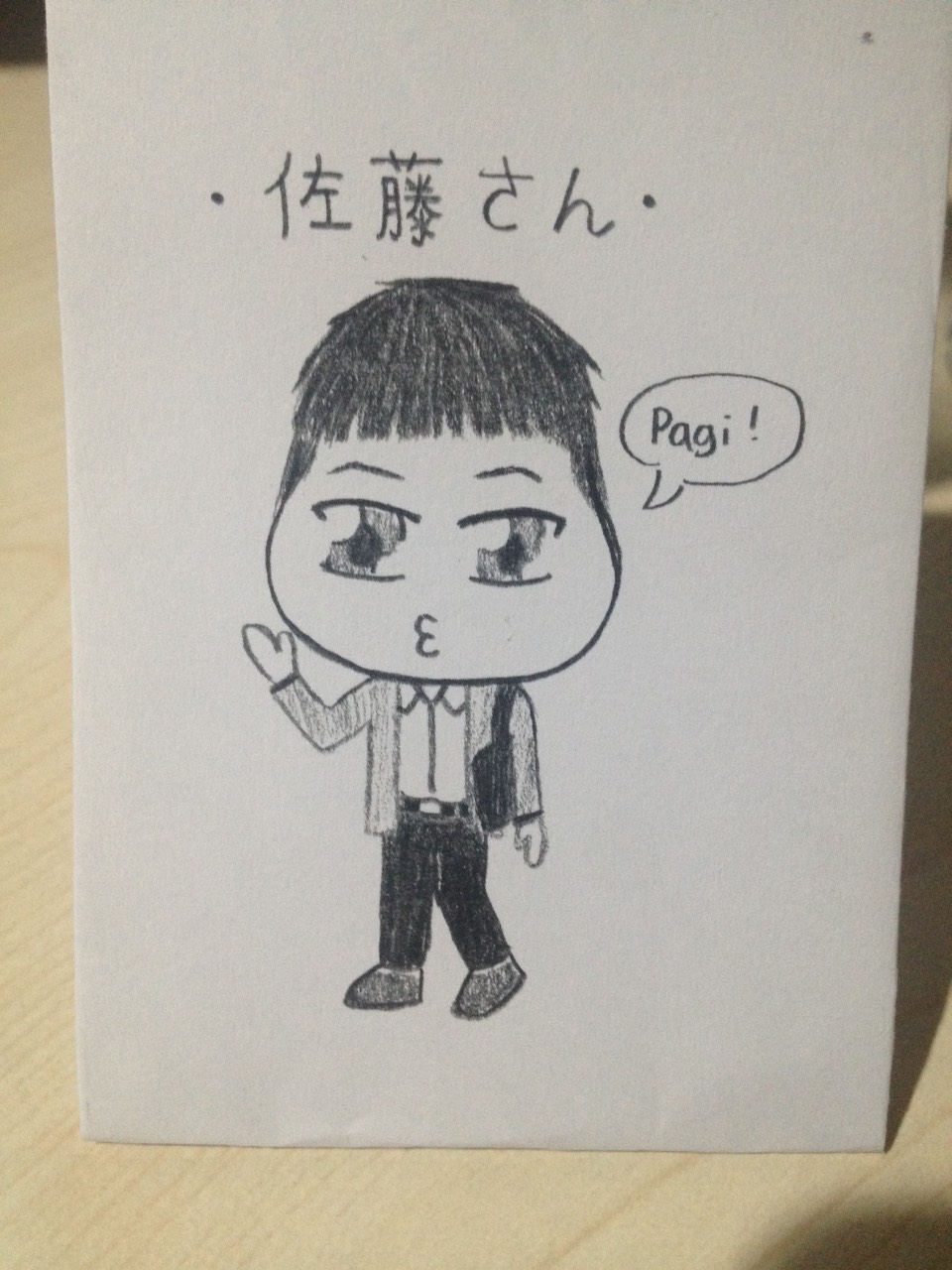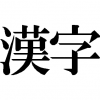Subject (personal pronouns, 主語) – わたし(Watashi) あなた(Anata) etc
In this post, let’s study subject.
IN English, subject usually comes first in sentence.
You can say personal pronouns such as I, you, he, she, we, they etc. in English.
There are so many subjects in Japanese languages because subjects are selected according to sex, age, situation and personal preference. They say we have more than 100 subjects in total.
Examples
This chart shows general subject you should master in daily conversation and writing at elementary level, which I selected. Bolded one is very important and often used.
| Type | English | Japanese | Memo | ||
| Hiragana | Kanji | Romaji | |||
| Singular | I | わたし | 私 | watashi | General word for I. Appropriate in formal situation. |
| ぼく | 僕 | boku | Mostly used by man, especially by little boy | ||
| あたし | – | atashi | Mostly used by girl, especially by little girl | ||
| おれ | 俺 | ore | Mostly used by man | ||
| わし | – | washi | Mostly used by old man | ||
| You | あなた | – | anata | General word for you. Appropriate in formal situation. | |
| きみ | 君 | kimi | General word for you | ||
| He | かれ | 彼 | kare | General word for him | |
| She | かのじょ | 彼女 | kanojyo | General word for her | |
| Plural | You | あなたたち | – | anatachi | General word for you. Appropriate in formal situation. |
| きみたち | 君たち | kimitachi | General word for you | ||
| きみら | 君ら | kimira | same as kimitachi | ||
| みなさま | 皆様 | minasama | Generally used to customers and guests with respect | ||
| They | かれたち | 彼たち | karetachi | General word for men | |
| かれら | 彼ら | karera | same as karetachi | ||
| かのじょたち | 彼女たち | kanojyotachi | General word for women | ||
| かのじょら | 彼女ら | kanojyora | Same as kanojyotachi | ||
There is one big different between Japanese and English except the number of subjects. English has object pronouns such as me, you, him, her, us and them and has possessive pronouns such as my, your, his, her, our and their.
On the other hand, Japanese does not have object pronouns and possessive pronouns. Japanese express object pronouns and possessive pronouns with particle like no(の), wo(を) and ni(に) etc. For example, “my” in English is equivalent to わたしの(“わたし” + “の”), “me” is わたしを((“わたし” + “を”) in Japanese. At this time you do not need to know what is particle, but just remember that there is no object pronouns and possessive pronouns like English.
How was this post?
If you like this or feel this is useful, please share on Facebook and retweet on Twitter!
If you wanna join Leo Sensei’s group on Facebook, click Facebook mark on top or bottom and send friend request to me. You can get updated information and ask me freely about Japanese language and culture and so on.


















